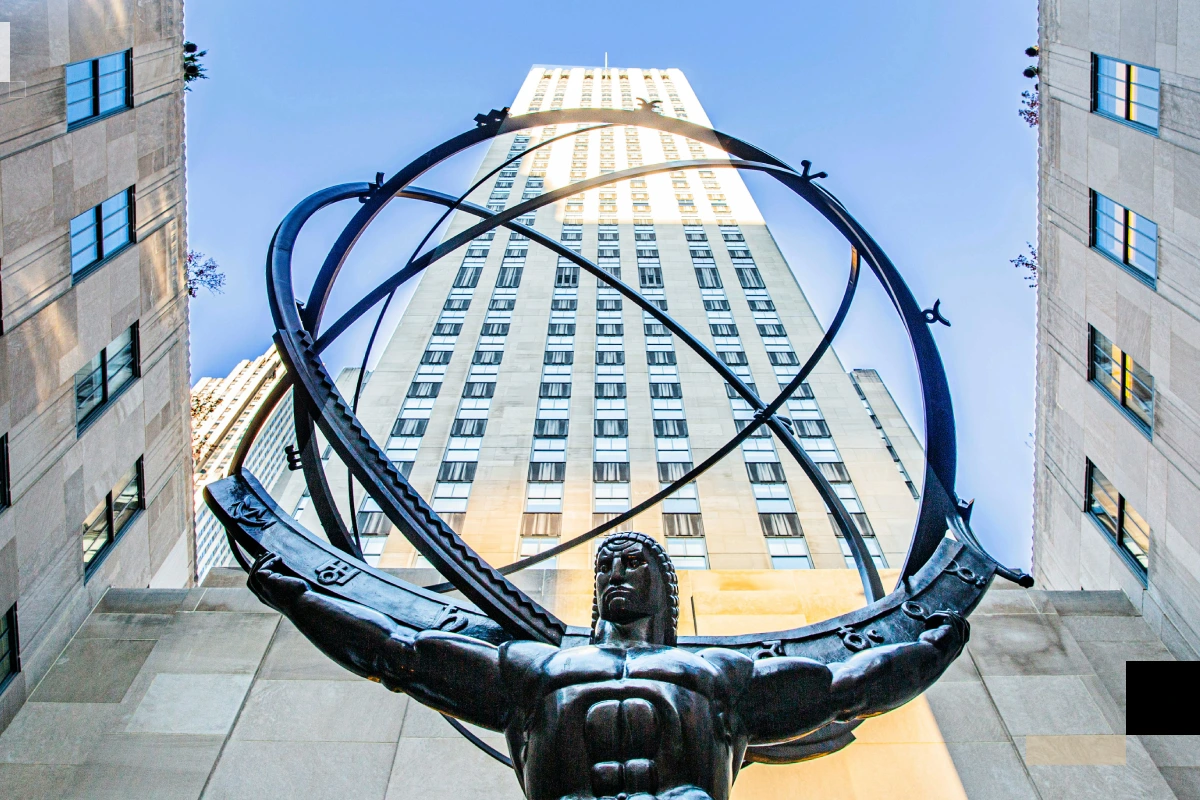
08-06-2024
When you hear the term “private equity,” it immediately brings to mind names such as KKR, Blackstone, Carlyle and Bain. Private equity (“PE”) firms raise money from institutional investors for a discrete fund to pursue investments in specific industries and market segments. PE investments generally involve the acquisition or “recapitalization” of whole companies, large and small.
PE firms have been around for decades, with many able to achieve attractive returns for their investors, often exceeding various public market benchmarks. Among the institutions who participate in these funds are a little-known group of investors referred to as “family offices.”
So, what is a family office? You can think of them as any entity investing money directly on behalf of an ultimate principal. Unlike traditional institutional investors such as pension funds, endowments or insurance companies, family offices are not investing pooled, third-party capital. They are managing a single (or sometimes multiple) family’s money.
A formal family office will generally have at least $100 million in assets under management, or AUM. However, there are many family offices with AUM’s reaching into the multiple billions of dollars. Estimates of the number of family offices vary widely, but it is safe to say there are probably 7,000 to 10,000 family offices globally.
Family offices have been around a lot longer than the better-known PE firms. In the U.S., they began with some of the great industrial family empires of the 19th and 20th centuries, such as the Rockefellers and the DuPonts. Whether spanning multiple generations or representing “new money,” family offices are organized to preserve and grow wealth.
The larger and older the family office, the more they look like money management firms, with professional staffs handling investment, tax, legal and asset management (think real estate, jets, yachts, etc.) matters for all family members.
While the majority of family office capital is still allocated to third party managers (such as PE funds), family offices are increasingly investing directly in companies themselves. Doing so is more cost effective and allows for greater ownership and control. With this trend toward direct investing, family offices are now competing with PE firms. Their compelling pitch? Unlike a PE fund that must exit after a handful of years, a family office can hold an investment indefinitely.
In some ways, family offices have become the “new” private equity!
Michael Monte is a managing director at East Wind Advisors, an industry-focused investment banking firm providing solutions to middle market and emerging growth companies as well as financial sponsors. He is a graduate of the business school’s finance program and in fall 2024 became a member of the Daniels School of Business Alumni Board.